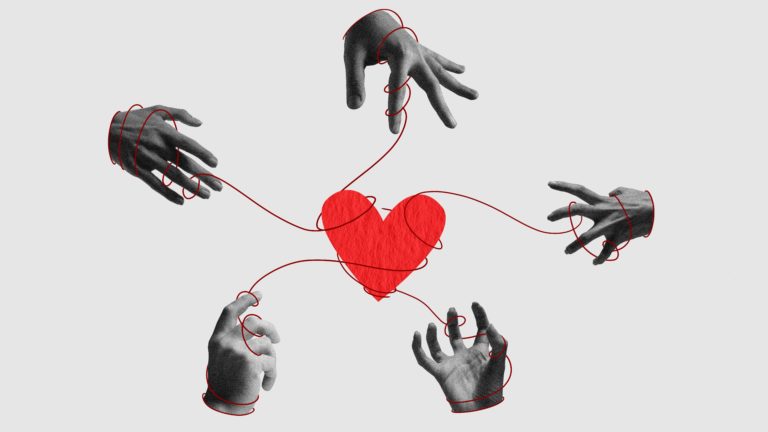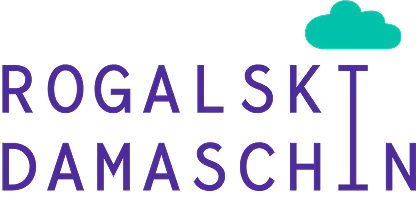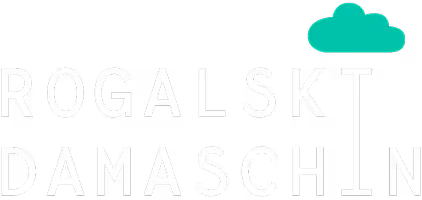Ethics in public relations: Building trust, in a world that builds popularity
“It's just a PR move” is a common line, always with a negative connotation and which, paradoxically, even we professionals in the field use as an indicator of falsehood, hypocrisy or lack of authenticity of a brand or public figure.
Blog

Ethics in Public Relations: How to Build Trust Brands in a Popularity Building World
- Relations between brands and the public are similar to interpersonal relationships: lack of sincerity and unfulfilled promises generate suspicion.
- Authentic and responsible communication helps brands stay relevant and become beacons of stability in a world of popularity.
- Ethics in public relations implies responsibility, respect and care for consumers.
Why is ethics in public relations essential to building a solid reputation? “It's just a PR move” is a common line, always with a negative connotation. Paradoxically, even we, professionals in the field, use it as an indicator of falsity, hypocrisy or lack of authenticity of a brand or public figure.
Quit Playing Games with My Heart. Ethics in public relations, just like in any personal relationship
This is what it says about us that in relationships with brands they put us on guard against the same threats as in interpersonal relationships: insincerity, broken promises and manipulation.
Just like in a personal relationship, if a brand hides its true intentions or communicates inconsistently or evasively, the audience becomes suspicious. Eventually, he will reorient himself towards alternatives that give him a sense of security and emotional comfort.
These things are all the more obvious in crisis situations. In such cases, no matter how correctly one tries to remedy the situation, it will not be successful if the brand's “communication history” is not a solid and consistent one.
Also in interpersonal relationships lie the solutions to build trust, in a world of popularity. A brand that communicates constantly and coherently, adapting messages to the reality of its products or services and showing empathy towards its interlocutors, can establish a relationship that, over time, becomes its most valuable asset.

How to apply ethics in public relations when Sorry Seems to Be the Hardest Word
Perhaps it is no coincidence that in recent years we have witnessed a veritable parade of public apologies. They were often used as fixe rapidefor situations that could have really become powerful tools in reputation management.
Emotional intelligence is as valuable a resource for brands as it is for people. That is precisely why facade vulnerability, passive-aggression masked by humor or arrogance used as an “apology” can prolong the recovery time of the relationship or even compromise it permanently.
As in everyday life, excuses in a reactive statement, not accompanied by actions that truly demonstrate regret, are just background noise. The public will never be able to associate such a reaction with the values in the brand book.

More than Words Is All You Have to Do to Make It Real. Active listening and authentic communication, principles of ethics in PR
In a world where those who speak louder are gaining ground in public attention, it is important that we remain the ones who communicate authentically with consumers. Let's talk to them the way we would talk to dear friends — with responsibility, respect and care.
This concern sometimes translates into silence, truly listening and answering honestly, even when there is no easy solution.
Frequently asked questions about public relations ethics and building brand trust
- How can a brand measure the effectiveness of ethics in public relations?
Brands can assess the effectiveness of ethics in public relations through opinion surveys, analyzing customer feedback, and monitoring online reputation. - What is the role of leadership in promoting ethics in public relations?
Leaders influence organizational culture and communication standards. When management promotes transparency and accountability, these values are reflected in all brand interactions with the public and help build trust. - Can ethics in public relations prevent image crises?
Communicating according to ethical principles does not completely eliminate risks, but brands that rely on transparency, consistency and accountability can more effectively manage critical situations and maintain public trust.






